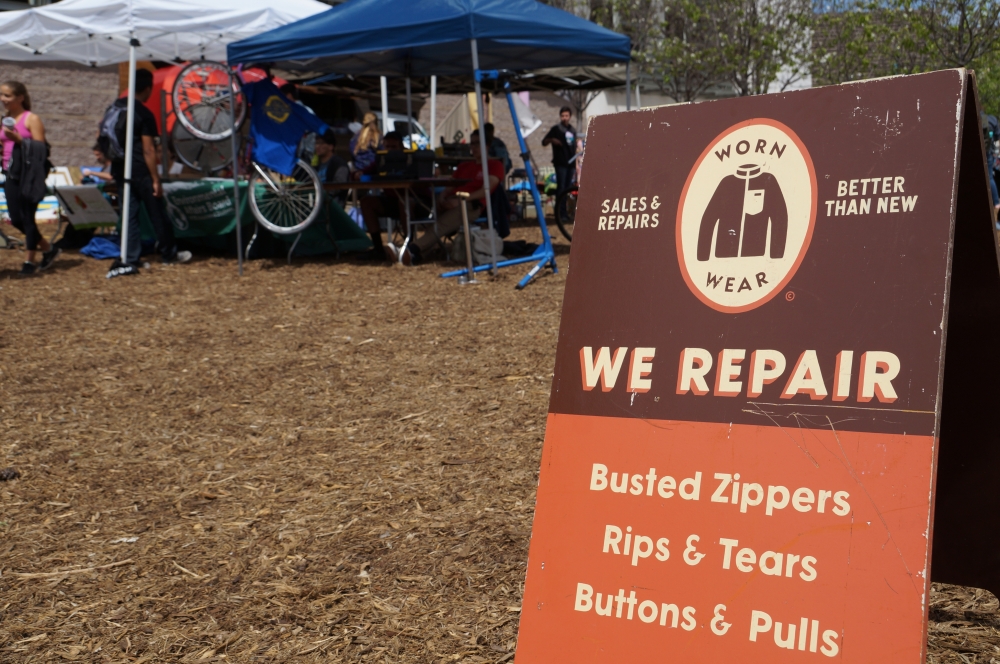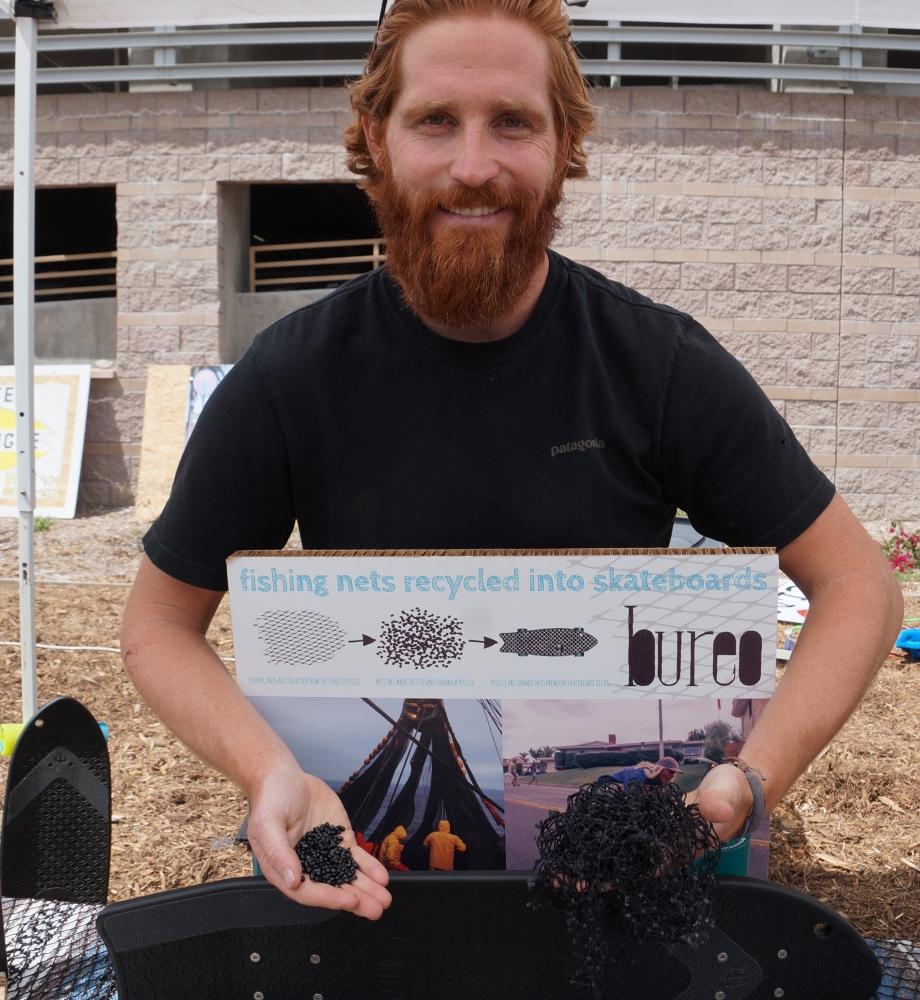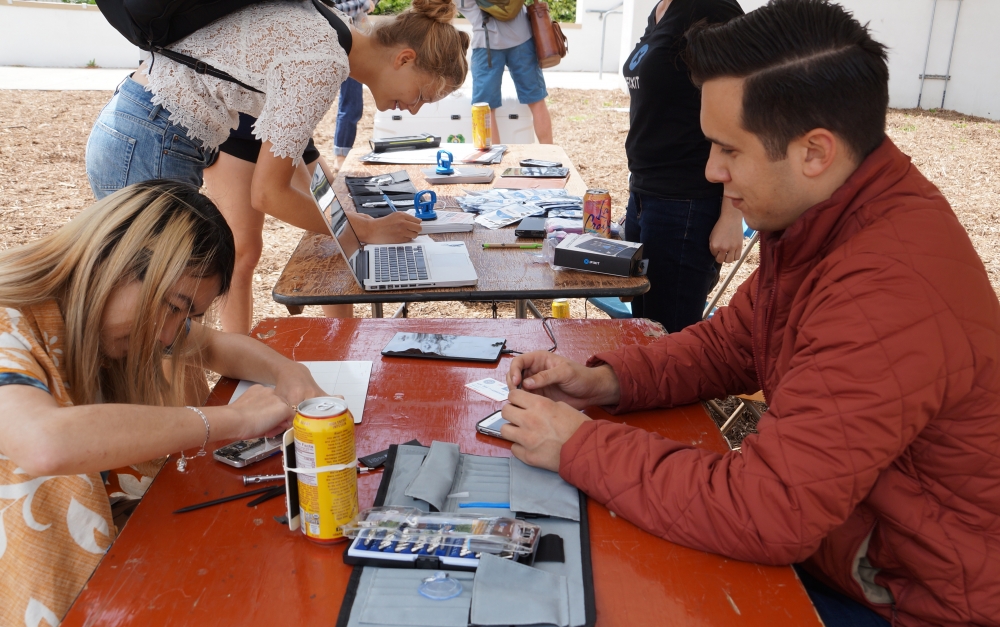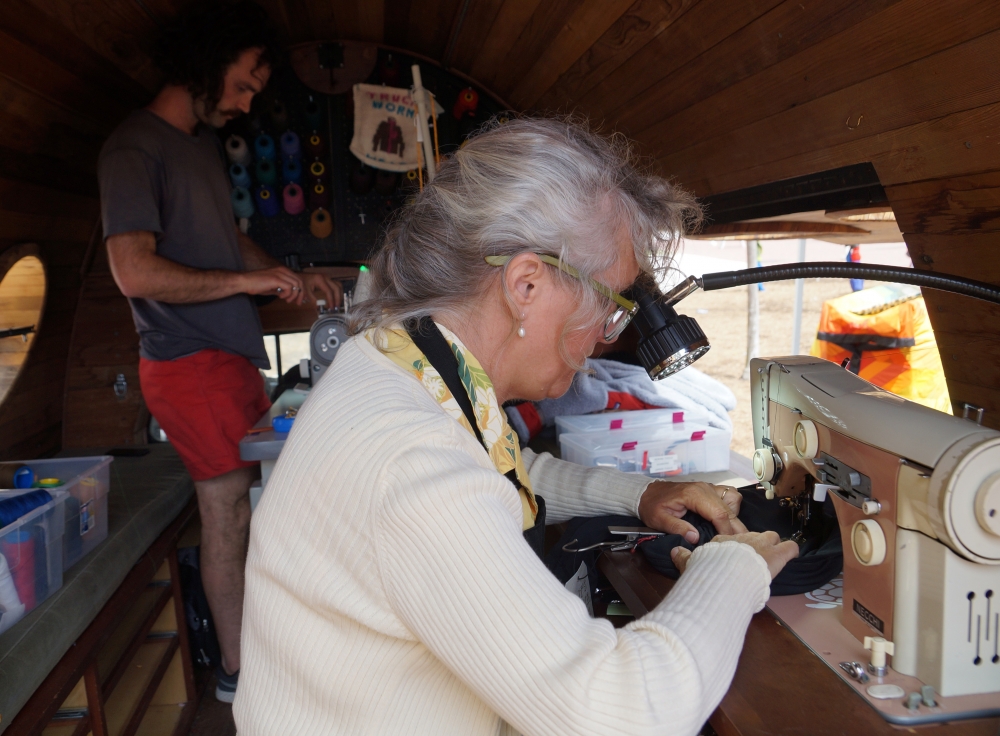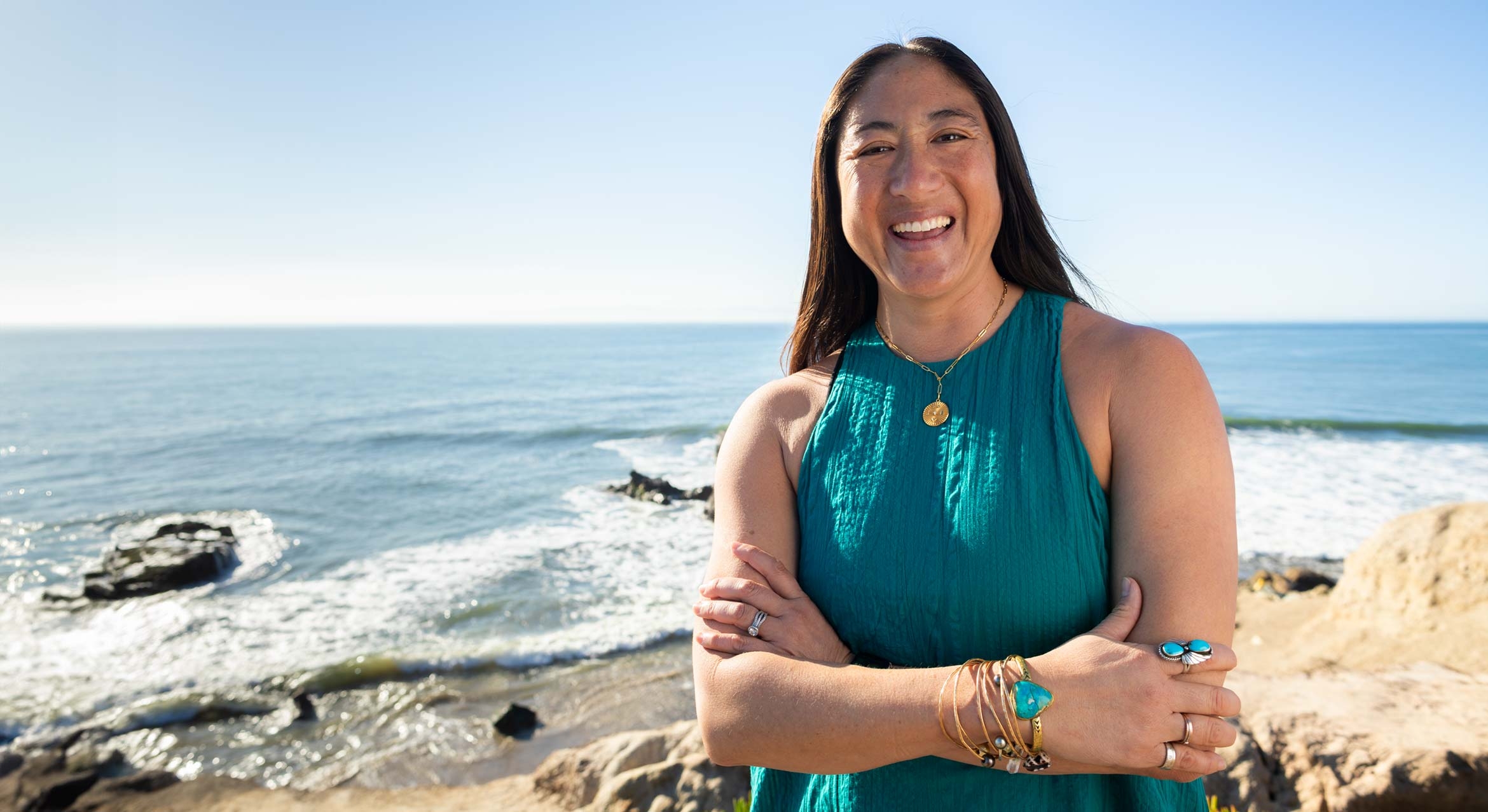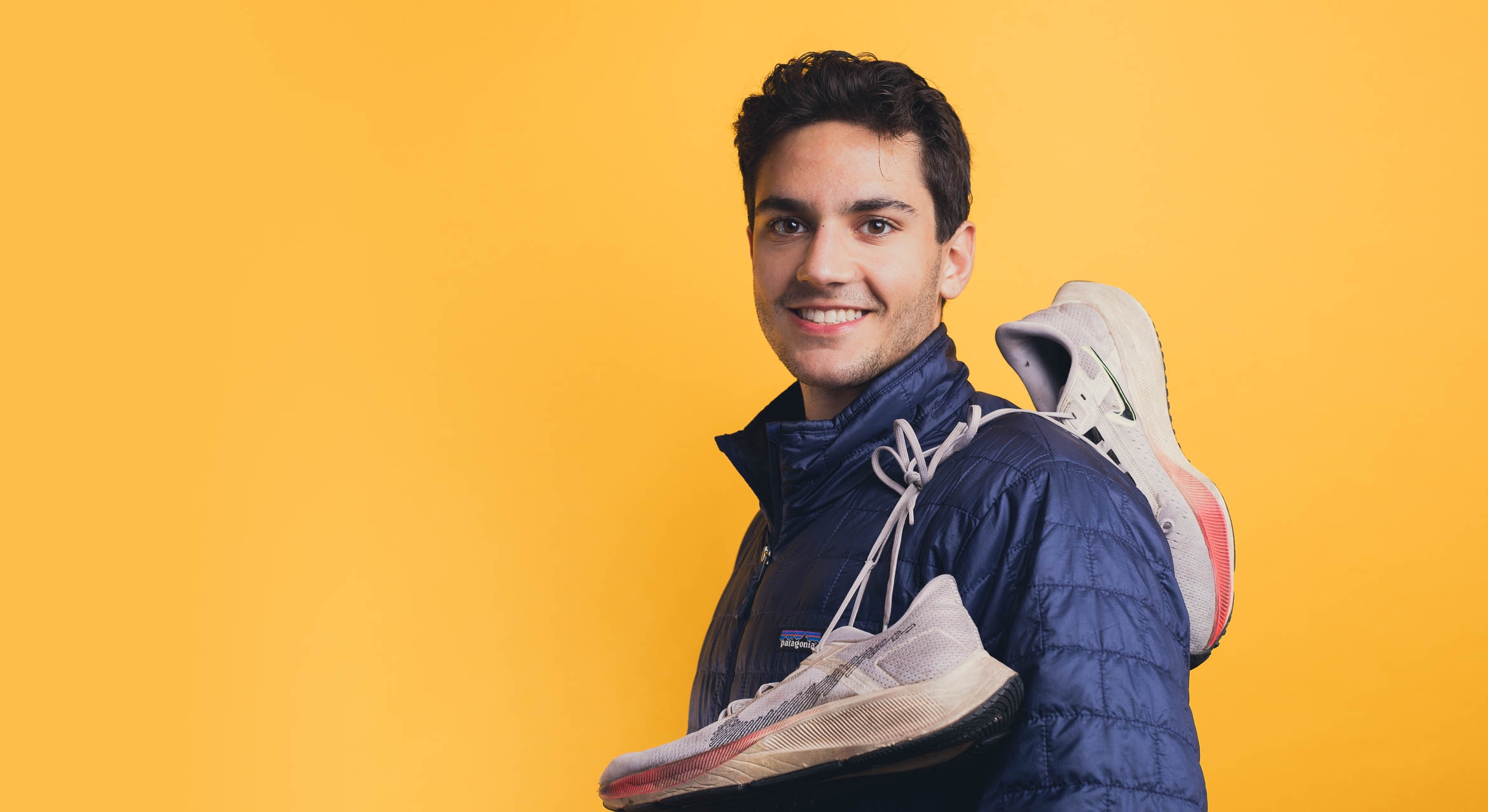Waste Not, Want Not
Bring your own coffee mug to the cafe. Keep a reusable water bottle in your bag. Do not put your napkins, paper towels or tissues in the recycling bin. Wait, what?
When it comes to reducing waste, some practices are borderline ubiquitous, while others remain murky — if not straight-up counterintuitive. How many people know, for instance, that not all paper products are recyclable? Not nearly enough.
Aiming to educate its campus community about such intricacies, UC Santa Barbara, as have all UCs, has launched an awareness campaign to help publicize an impressive end goal: eliminating waste altogether. Dubbed #MyLastTrash, the push to communicate the need to reduce waste — and how best to do it — is part of the University of California’s effort to achieve zero waste by 2020.
“This campaign was launched with the incoming class of 2020 in an effort to utilize this student body as the vehicle to get us to zero waste,” said Matthew O’Carroll, UCSB’s refuse, recycling and water efficiency manager, and co-chair of the UC solid waste & recycling working group. “In line with the #MyLastTrash campaign format, we host zero waste events each month at UCSB and have partnered with several student organizations as well as departments. Our focus is on the student, but also the staff and faculty. Everyone plays an important role in UCSB reaching our Zero Waste 2020 goal.”
The monthly events go a long way toward engaging a broader cross-section of the UCSB community. Prime example: The recent “Zero Waste Festival,” a day full of films, art, music, food, presentations and panel discussions, and an appearance by Patagonia’s mobile clothing repair shop, the Worn Wear Wagon. It was all intended to command attention to an environmental issue often overshadowed by other concerns.
“How we dispose of our waste has a huge impact on climate, but it is often less emphasized in the public eye compared to automobile emissions or power plants,” said geography and environmental studies major Elizabeth Szulc, a second-year student and outreach coordinator for Associated Students Recycling who also works with the #MyLastTrash campaign. “You can save a lot of money as a student by bringing lunch from home in reusable bags, or buying coffee only at places that allow you to bring your own cup. There are a lot of ways to help out so everyone can make some change. The most important thing is to educate.”
Systemwide, UC already is diverting from landfills approximately 64 percent of its solid waste. Zero waste programs exist on all UC campuses, and some zero waste initiatives have become standard practice. Efforts targeting the largest sources of waste, such as major events and building construction and demolition, are increasingly common. UCSB holds its annual, highly successful zero waste weekend every spring at Harder Stadium.
But getting to zero waste overall will require not just major coordination, but also widespread cooperation. Which is why effective and sustained communication is so key, according to student Rachel Shen, an intern with UCSB’s Refuse & Recycling Research Center.
“I used to recycle brown napkins all the time until I learned in a waste management class that those napkins actually cannot be recycled,” said Shen, a fourth-year environmental studies major. “The same thing is happening on campus every day and I often see people put compostable waste into the recycle bin. There simply is not enough information to educate people about proper waste handling. This campaign is meant to increase awareness and shrink that information gap.
“Waste management involves all kinds of energy, labor costs and environmental issues, along with problems like social justice for people who are actually handling the waste and working in this industry,” Shen continued. “When waste is produced, we have to deal with more than just that one coffee cup we throw into the trashcan. There are all these interrelated problems. We are striving for more than just improving waste management — reusing and repairing are highly encouraged. After all, zero waste is the ultimate goal.”
